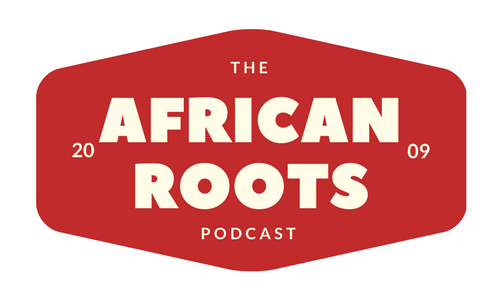Podcast: Play in new window | Download
Hello and welcome back!
Today is Friday August 27th, 2010. My name is Angela Walton-Raji and this is the African Roots Podcast. You can always reach me at AfricanRootsPodcast@gmail.com.
It’s good to be back on the east coast, but I want to thank everyone for the warmth and hospitality that was shown to me last week in Reno Nevada! I had a wonderful time and was made to feel at home by everyone. Also glad to know that everyone made it home safely from last week’s FGS conference in Nashville Tennessee!
A number of deadlines are here—including the Call for Papers deadline for those who would like to present at the California Genealogy Jamboree, next June. The deadline is September 1, so there is time to make your submission if you have thought about it. Also note there is still room for those who want to speak at the annual AAHGS conference coming up in October at the University of Maryland Conference Center in Adelphi Maryland.
A unique Call for papers has been released for a new publication coming out. The Journal of the Civil War Era, will be launched in March 2011. This is coming out from the University of North Carolina Press and the George and Ann Richards Civil War Era Center at the Pennsylvania State University William Blair, of the Pennsylvania State University, has agreed to serve as founding editor. As many of us are independent historians they are welcoming submissions from researchers of a wide variety of backgrounds. Note that this is also connected to the Society of Civil War Historians, an organization that many should become aware of.
A Cemetery Discovered
This story was shared with me recently. A slave cemetery in Surry County North Carolina was recently discovered and dedicated. More than 100 burials are said to be there, and how this has been overlooked kind of amazed me. The historical society said that they knew it was there. Yet—nothing has been done until a local boy scout “discovered” this burial site. Nothing is known about the slaves themselves, though it is said that the slave owners—from the Edwards and Franklin families of Surry county—kept good records. Well—-that is an opportunity that is awaiting the assertive researcher. There are records and perhaps the hundreds who lie buried at this burial site, can have their names exposed once again–when an ambitious researcher seizes this opportunity to look at the records.
Hopefully there is a lesson here, and many of us will learn the lesson of researching the entire community and not just zero in on a list of names. The records are apparently not just known to exist—but are said to be excellent records! It can’t get much better than that! Even if Surry County is not “your county” if it is a neighboring county—it is still in the vicinity where your ancestors lived—and therefore part of the greater story! I hope that someone will see this for the important opportunity that it is! Seize this opportunity!
Well, thanks again for listening, I appreciate your being there, and my hearing from you. I always encourage you to stay focused on your research and continue to tell the story. (And I do hope that someone takes up the project in Surry County NC!) In the meantime, keep researching, keep documenting, and please, keep sharing, what you find!

